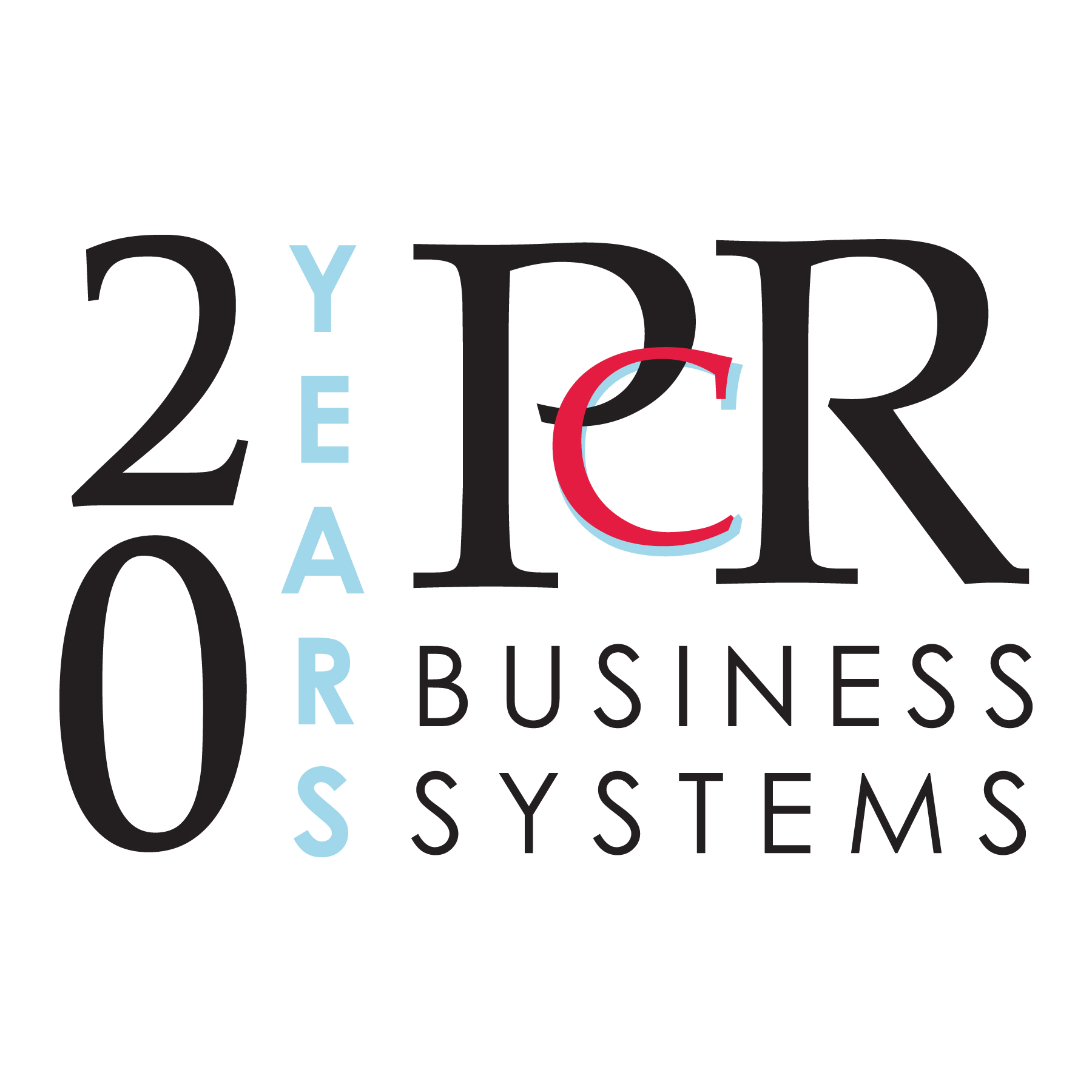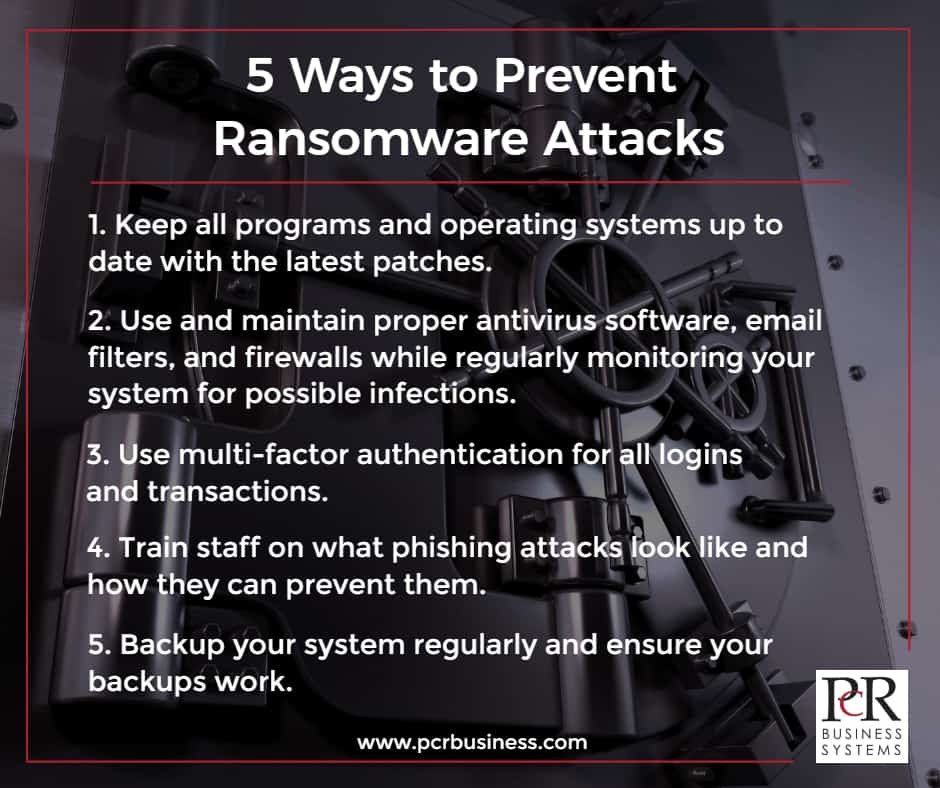How to Prevent a Ransomware Attack
Northeast Ohio companies that fall victim to a ransomware attack (and that do not have their files properly backed up) usually only have two choices—both of which could put a company out of business.
The first choice presented by cybercriminals is to pay a ransom for the release of the data they are holding hostage. This could cost your business hundreds of thousands or even millions of dollars (it is reported that Colonial Pipeline paid upwards of $5 million for the release of their files) and there is no guarantee you will even get your data back. It is estimated that less than a quarter of companies who paid cybercriminals a ransom in 2020 got all of their data returned.
The second option is to do nothing and risk the confidential data of your customers being released. Not only could this destroy the reputation of your business, but you could potentially face lawsuits or fines for violating compliance laws.
As you can see, neither of these options are good and many businesses that fell prey to a ransomware attack never recovered. The best way to deal with a ransomware attack is to prevent one from ever taking place in the first place.
Update to read: How to Prevent a Ransomware Attack: Here are five things your business must do to keep cyber criminals from holding your files and client data hostage.
- Keep all programs and operating systems up to date with the latest patches.
- Use and maintain proper antivirus software, email filters, and firewalls while regularly monitoring your system for possible infections.
- Use multi-factor authentication for all logins and transactions.
- Train staff on what fishing attacks look like and how they can prevent them.
- Backup your systems regularly and ensure your backups work.
To further limit the chances of a successful ransomware attack on your business, it is also important to only work with SOC Audited outsourced IT service providers like PCR Business Systems. PCR has been SOC 2, Type 2 Certified to guarantee that we have the highest level of security controls in place to protect your critical data. You can learn more about what the SOC 2 Audit is and what it means for your business here.
Have a question about how to prevent a ransomware attack from affecting your business? Contact PCR President, Pat Carroll for a free Q&A.



